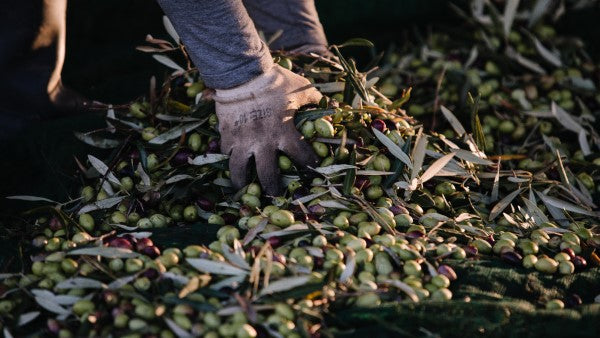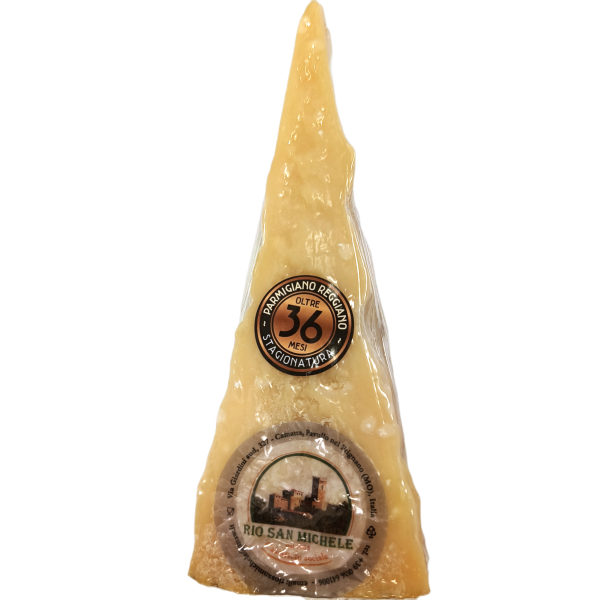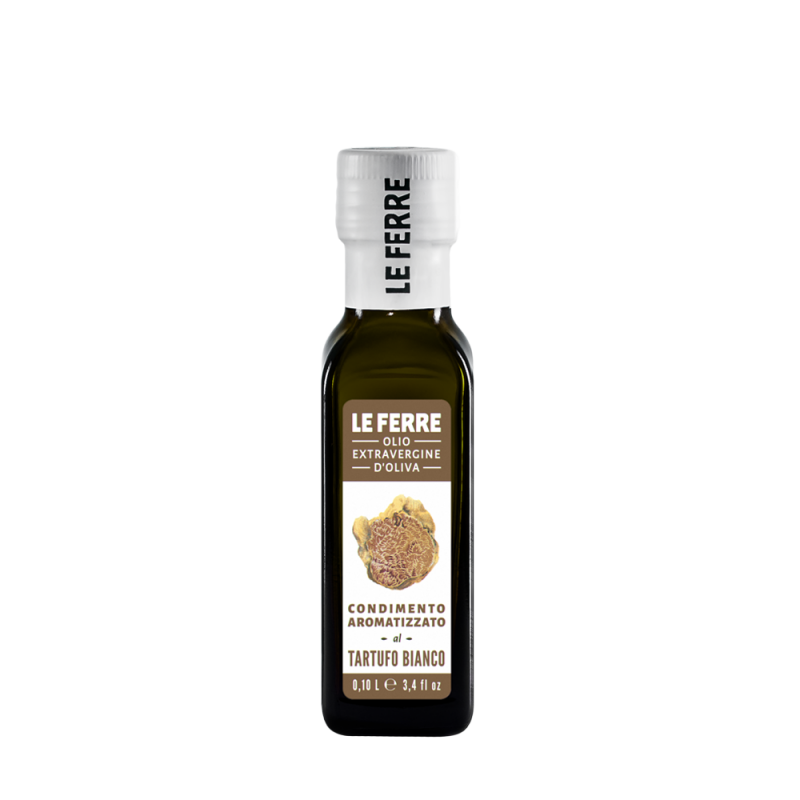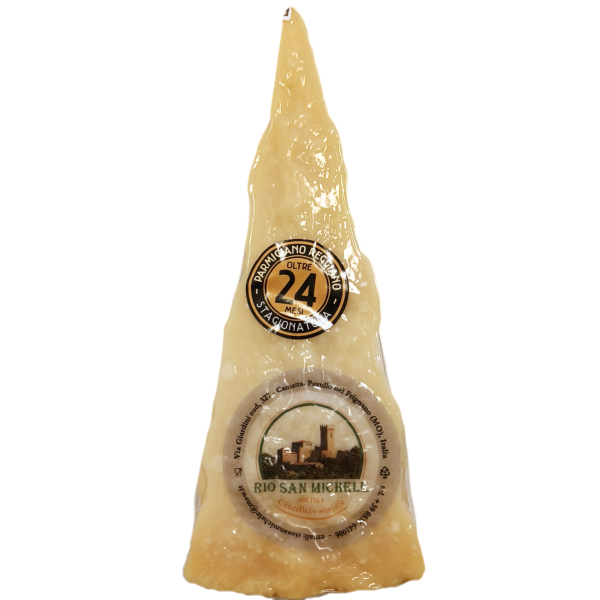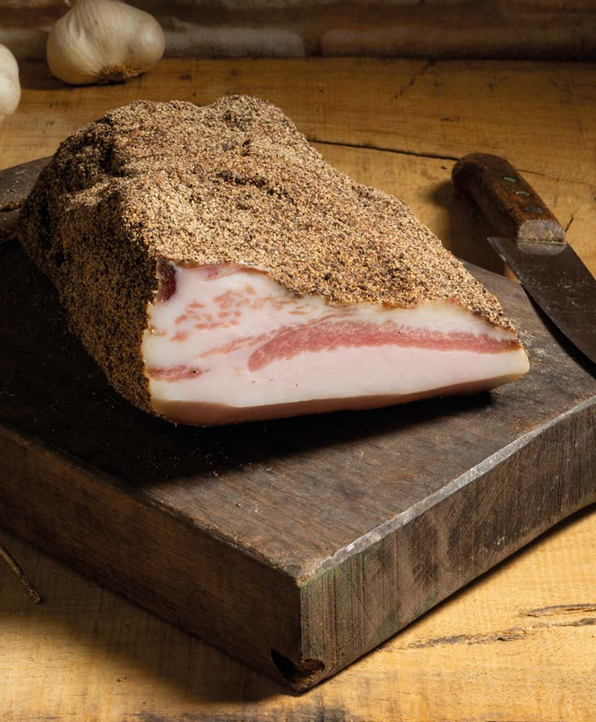Hello foodies! Today I take you on a fascinating journey through Italy's golden fields and lush olive groves, where we discover one of our country's most precious treasures: extra virgin olive oil. If you are passionate about cooking, you probably already know and appreciate this amazing product, but today I want to tell you more about its history, its origin and the different production areas that make each drop of this liquid gold unique.
A dive into history
Extra virgin olive oil has very ancient roots, dating back to the ancient Greeks and Romans. Even then, olive oil was not only a food, but also a symbol of wealth and health. It was used not only in cooking, but also for medicinal, cosmetic and ritual purposes. Remember that Pliny the Elder in his "Naturalis Historia" described the Italian olive trees as the most valuable and richest in the world.
Passion and tradition
The production of extra virgin olive oil is a true art passed down from generation to generation. Harvesting olives, cold pressing and respect for traditional times and methods are crucial steps in obtaining the highest quality oil. Italian olive growers dedicate soul and body to this craft with a passion that is felt in the air of our villages and countryside.
Production areas
Italy, thanks to its climatic and geological diversity, offers a wide variety of extra virgin olive oils, each with unique organoleptic characteristics. Some of the most famous regions are Tuscany, Liguria, and Sicily. But today I want to focus on a special region that stands out for its quality and delicacy: Puglia (Apulia).
The gold of Apulia
Puglia (Apulia) is the undisputed queen of extra virgin olive oil production in Italy. With its over 60 million olive trees, many of which are centuries old, this region is the beating heart of Italian olive growing. Here, the Mediterranean climate and calcareous soil create the ideal conditions for growing olives of the highest quality.
The Apulian oil is known for its intense and fruity taste with a slightly spicy and bitter aftertaste, characteristics that derive from the olive varieties used such as Coratina, Ogliarola and Peranzana. This oil is perfect for enhancing the flavor of traditional Apulian dishes such as orecchiette with rapeseed or friselle with tomato and oregano. And you must know that Apulia is the region I come from, so for me it is a real pride to talk about this extraordinary product!
How to recognize a good extra virgin olive oil
Before I say goodbye, I want to give you some tips on how to recognize a good extra virgin olive oil. First, look at the color: it should be clear and vary from intense green to golden yellow. The scent should be fresh and fruity with herbal notes. And finally, the taste: it should be balanced with a pleasant sensation of bitterness and spice.
Therefore...
...extra virgin olive oil is much more than a simple dressing: it is a symbol of our culture and our history. Each region, each producer, each bottle tells a story of passion, dedication and love for the land. The next time you pour a drizzle of oil over your dish, think about all the work and care that goes into it, and enjoy every drop as if it were a little piece of Italy.
Buon appetito!

